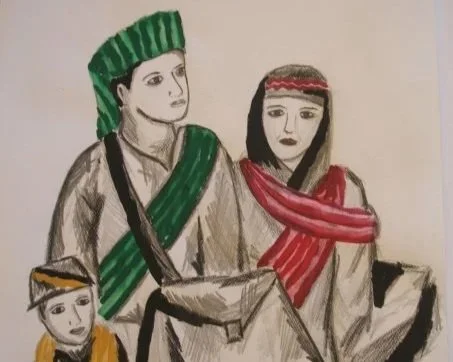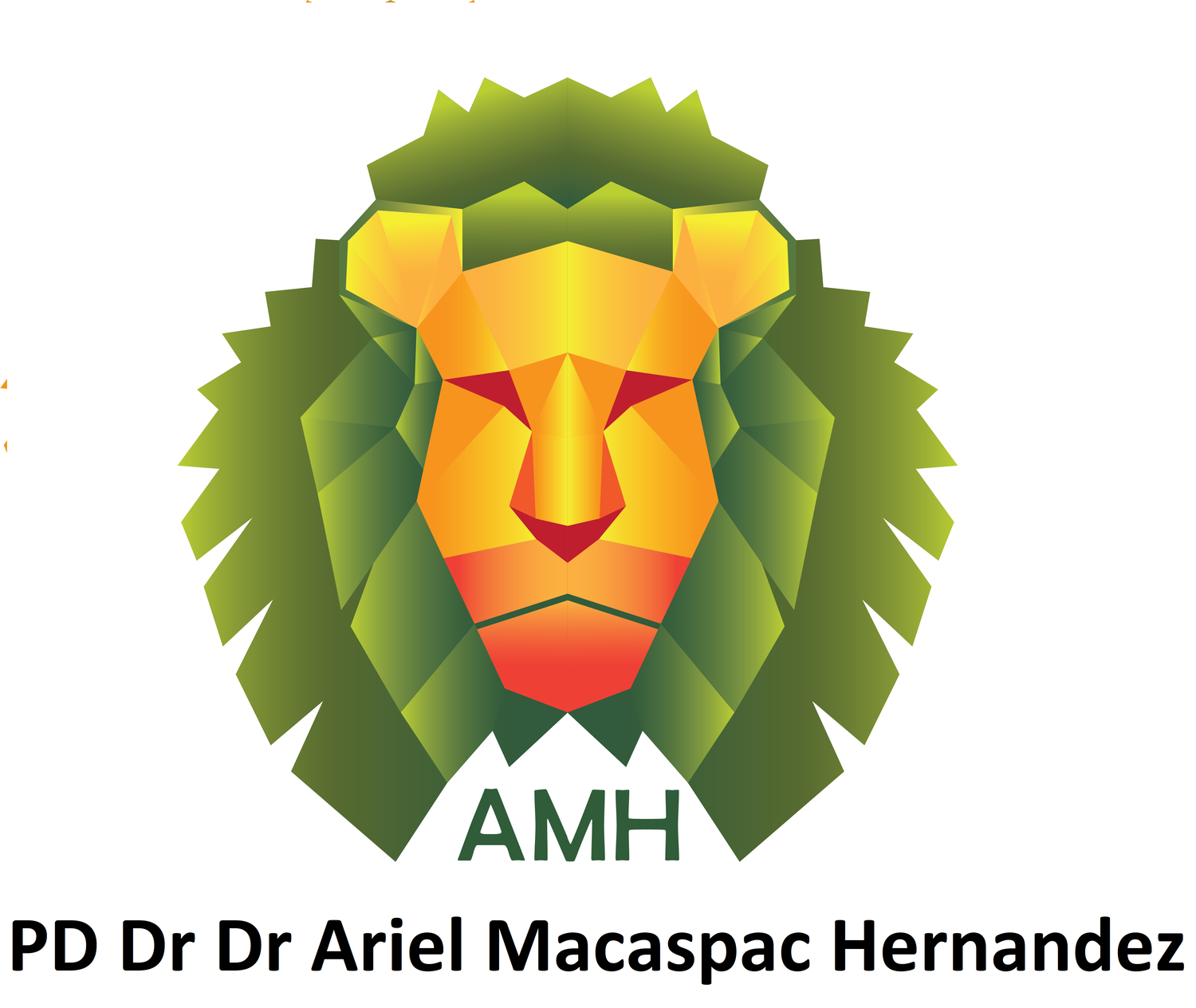
Migration is not about moving workers — it’s about moving systems toward justice.
Across Borders – Migration, Power, and Humanity
Workshop Summary: Jahresseminar 2025 of philippinenbüro e.V. (Stiftung Asienhaus)
12–14 September 2025 | Bonn
This year’s Jahresseminar brought together civil society actors, Filipino community leaders, scholars, youth, and trade union representatives to address one urgent question:
How can migration between the Philippines and Germany move from dependency to solidarity?
Testimonies from Practices
Chuck Joel Colas, a Filipino nurse in Bonn, spoke about his four-year journey of recruitment, German language training, and credential recognition—discovering that his Philippine nursing degree was undervalued in Germany. Beyond bureaucratic hurdles, he described the more corrosive challenge of everyday racism, where competence is reduced to linguistic limitations. His active role in strikes and protests, however, led to concrete improvements in working conditions for many care workers.
Myan Deveza-Grau (Philippine Diaspora Netzwerk für Integration) traced the history of Filipino migration to Germany, from the Gastarbeiter programs to the Triple Win scheme, highlighting persistent structural inequities.
Prof. Geoffrey Ducanes (Ateneo de Manila University) analyzed remittances’ double-edged role: stabilizing Philippine household economies but fueling housing market distortions and family strains, including mental health burdens on those left behind.
Youth voices were represented by Pinoy Tayo, a GenZ network of second-generation Filipinos and mixed-heritage youth in Germany. They articulated the struggles of growing up “between two worlds”—often seen as neither fully German nor fully Filipino—while searching for visibility, belonging, and political representation. Their interventions underscored that solidarity must extend beyond recruitment to include identity, dignity, and intergenerational recognition.
Futures with Bricks: LEGO® Serious Play® Workshop
In my contribution, I facilitated a future scenario dialogue using LEGO® Serious Play®. Participants co-created metaphors of migration futures, aligning with insights from my GIGA Focus Asia article and the dialogue formats of the GIGA Transfer for Transformation (T4T) project.
We imagined futures where:
Germany evolves from transactional recruitment to co-owned skills partnerships, anchored in participation and two-way communication.
Filipino workers are recognized not only as “modern heroes” but as rights-holders, community-builders, and political agents.
Filipino-German youth networks like Pinoy Tayo gain visibility, recognition, and a seat at the table, helping to redefine what it means to belong in Germany.
Structural and everyday racism are addressed alongside the healing of intergenerational trauma among migrant families.
Reintegration and brain drain are tackled through circular mobility and co-investment in care systems, raising standards for all workers.
Soundbites from the workshop:
Migration is not about moving workers — it’s about moving systems toward justice.
People do not cross borders — borders cross people.
Ethical recruitment is not charity — it’s strategy for resilience.
The choice is clear: exploitative pipelines or empowering partnerships.
My Reflections and Recommendations
Drawing from both practice and research:
Joint Governance – Establish a Germany–Philippines Commission on Health Workforce Mobility to align recruitment with broader development goals.
Ethical Recruitment & Recognition – Fast-track credential recognition, enforce the WHO Global Code of Practice, and expand co-designed training pipelines.
Circular Migration – Co-finance reintegration and return pathways that transform brain drain into skills circulation.
Address Social Costs – Support families left behind with psychosocial services, financial literacy, and affordable housing policies to mitigate remittance-driven inequalities.
Empowered Migrants – Include migrant voices in policymaking, ensuring Filipino workers and their families are partners in shaping inclusive societies.
Youth Engagement – Recognize Filipino-German youth organizations as crucial bridges of solidarity, identity, and representation. Their voices must inform not only cultural discourse but also future migration governance.
Conclusion
Migration is too often framed as a crisis. This workshop affirmed that if governed with care, dialogue, and imagination, migration can be a bridge of resilience, solidarity, and co-development — a model the world urgently needs.











